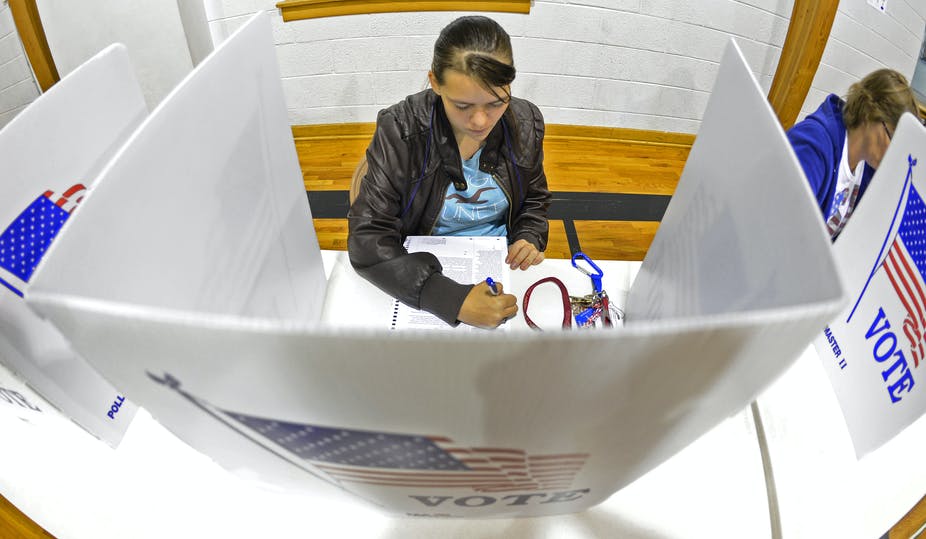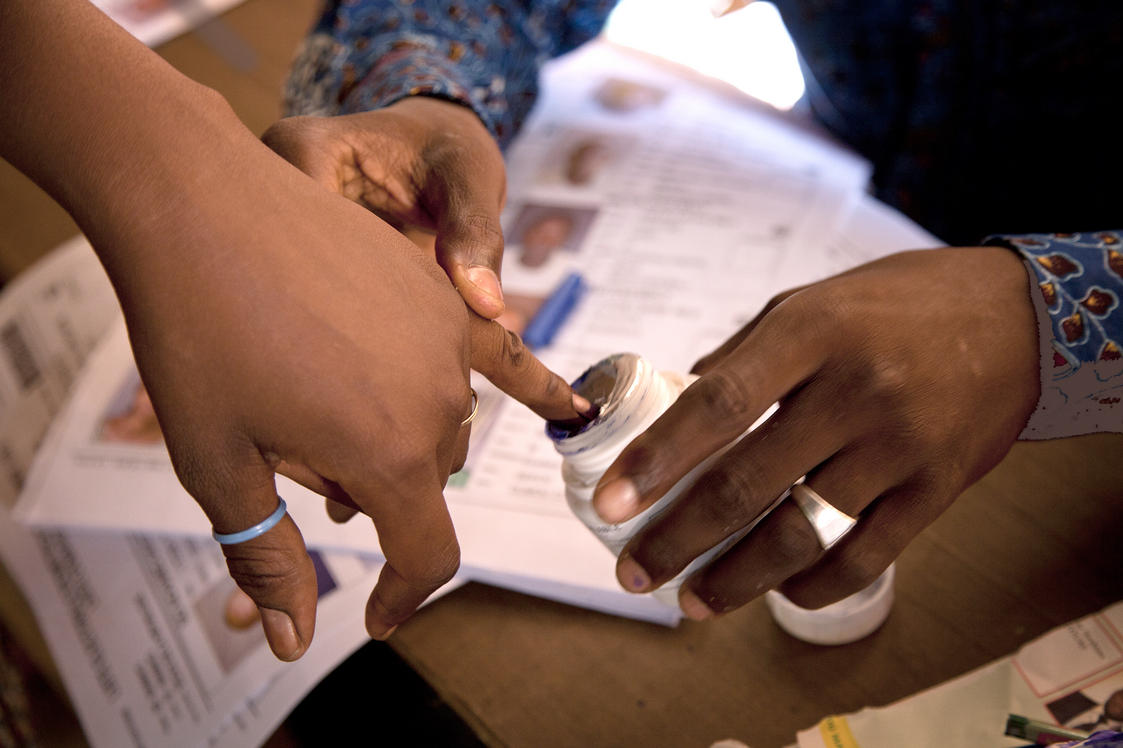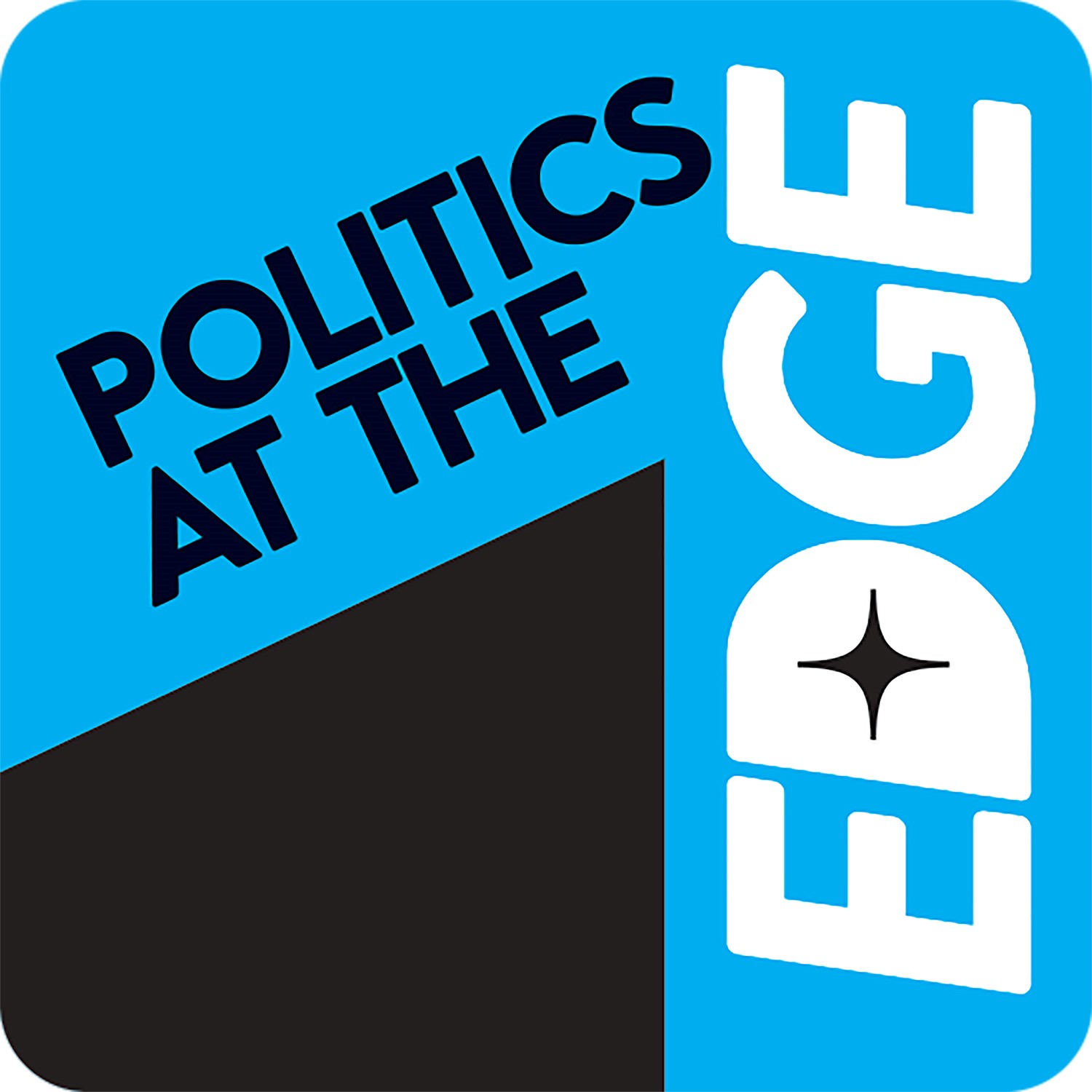Dr. Alex Brown considers what the hate speech debate tells us about UKIP.
When the UKIP MP Douglas Carswell defected from the Conservative Party in August 2014 his speech struck a non-vitriolic tone. He wanted to present the reasonable face of UKIP politics. One area he touched upon was the problem of obnoxious or hateful speech in public communication. “What was once dismissed as political correctness gone mad, we now recognise as just straightforward good manners,” he said.
Yet his new party appears to take a different line on this issue. Under the section headed, ‘What We Stand For’ the official UKIP website declares boldly, ‘No to Political Correctness − it stifles free speech.’
Of course, much depends on what UKIP means by political correctness.
Most UKIP politicians take pride in speaking out against orthodox opinion and in ways that reflect how ‘ordinary people’ speak in their living rooms, in pubs, at social clubs and, increasingly, on the internet. But at times this patois has come dangerously close to breaking the law.
On Thursday, the party twice had to distance itself from incidents of racist hate speech.
“UKIP and Mr Farage find the behaviour of the suspected Chelsea fans on the Paris Métro to be disgraceful, and shames [sic] both the country and Chelsea football club,” said a statement attributed to the party’s head of press, Gawain Towler. “We are delighted that the identities of these people are being revealed, and that they will face the full force of the law.
Earlier in the day, a picture had surfaced of one of the alleged harassers and UKIP Leader Nigel Farage side-by-side with pints, reportedly taken about four months ago.
Also on Thursday, Farage reiterated his position that the party had no place for Rozanne Duncan. The South Thanet district councillor was expelled from the party following the recording of a BBC documentary in which she allegedly expressed antipathy for “negroes or anyone with negro features.”
Farage said, “I haven’t seen the film but she is alleged, and she confirmed to us, that she had made a series of racist comments that is at odds with what we stand for.”
In 2013 Eric Kitson was forced to resign as a UKIP Worcestershire county councillor after admitting to posting a series of anti-Semitic and anti-Islamic comments on his Facebook page. The police investigated and passed on the case to the Crown Prosecution Service (CPS). In the end the CPS concluded that the comments had not reached the level required to justify a prosecution for the offence of stirring up racial or religious hatred − ‘the use of threatening words or behaviour’ and ‘intent to stir up hatred.’ Even so, the investigation alone had the effect of stifling Kitson’s speech (and perhaps others).
All these incidents raise the question: why has Farage not come out explicitly in defence of legislation banning incitement to hatred? One possibility is that he regards such law as having a chilling effect on speech. Not just the speech of “anybody who is a stand-up comic, a cartoonist, a newspaper columnist, who wants to say something critical about Islam at all,” as he put it in the wake of the Charlie Hebdo attacks in January, but also potentially his own speech.
On repeated occasions over the past 12 months political activists, campaigners and community leaders have called for the police to investigate Farage for offences of stirring up racial and religious hatred.
If I am right, then there is at least a cigarette paper between Farage and Carswell.
Speaking Thursday at a UEA event hosted by the former Labour Home Secretary Charles Clarke, Carswell said, “There are laws against inciting hatred. It’s good that there are.”
It remains to be seen whether UKIP’s general election 2015 manifesto will contain any concrete pledges on the abolition of political correctness.
Under another section, ‘Policies for People,’ the party’s official website promises a UKIP government would repeal the Human Rights Act 1998 and replace it with a new British Bill of Rights. This reflects a disdain for the European Court of Human Rights in Strasbourg. But the irony is that the first-ever codified protection of the right to freedom of expression for ordinary citizens in the UK came − via the Human Rights Act 1998 − courtesy of the European Convention on Human Rights (ECHR).
Furthermore, it’s not clear whether a new British Bill of Rights could avoid replicating the content of Article 10 of the ECHR. It guarantees that ‘Everyone has the right to freedom of expression,’ but at the same time it stipulates that this right also comes with responsibilities. Specifically, ‘The exercise of these freedoms […] may be subject to such formalities, conditions, restrictions or penalties as are prescribed by law and are necessary in a democratic society.’
Wasn’t the latter condition what Carswell was really getting at? That for a democratic society to work properly, including the institution of free speech itself, there are certain things that people should not be permitted to do with words?
But what of naysayers in UKIP? During a party rally in May 2014 Farage took to the stage with several black and Asian supporters and candidates. He called it his “Clause Four moment” − a byword for real change to the fundamental values or principles of a political party. If the leader was trying to make the point that UKIP is not a racist political party, some wondered whether he was implicitly admitting that prior to May 2014 UKIP was a racist political party.
As is now ubiquitous for Farage events, a group of protesters were gathered outside the May rally shouting anti-Fascist slogans and carrying banners such as, ‘No to racism. No to bigotry. No to UKIP.’ Pauline McQueen, a UKIP council candidate in Tower Hamlets, east London, condemned the protesters as “spoilt, middle class.” She said, “How dare they call us racist when being a black Jew, and being 60 years of age, I know what racism is?”
In response to McQueen’s intervention, many people took to social media to make the point that overt racism remains a problem in Britain, and to testify to their own experience of suffering racist verbal abuse and harassment in their daily lives.
Of course, it is open to UKIP supporters and candidates who are themselves from minority groups to say something like the following: “I too have been subjected to hate speech but I rise above it; and if you were half the person I am, you would do the same.”
But surely this misses the point. Why should victims of hate speech have to rise above it? Why should other people be allowed to threaten their emotional tranquility, sense of security, feelings of self-respect, assurance of civic dignity and so on, with impunity?
Being on the receiving end of hate speech can leave people feeling fearful and ashamed. Wouldn’t it be terrible if those same people were made to feel even worse just for having the temerity of asking for some assistance from lawmakers?
Alexander Brown is Senior Lecturer in Contemporary Social and Political Theory at the University of East Anglia (UEA). He is the author of Hate Speech Law: A Philosophical Examination (2015).
Image credit: The Mirror





